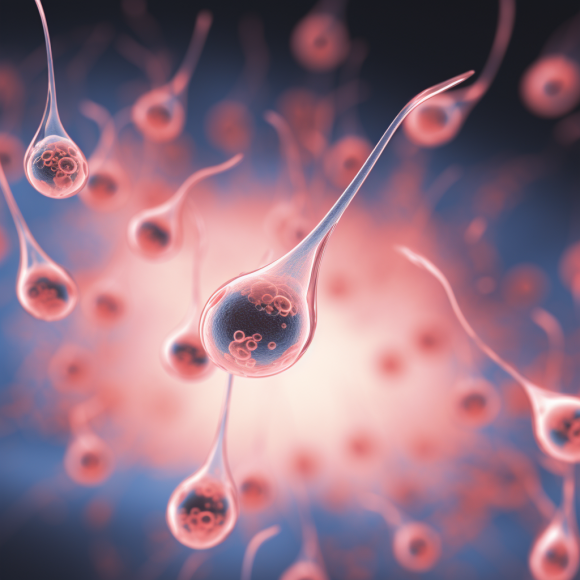When it comes to fertility, certain lifestyle factors can have a significant impact on your ability to conceive. In this article, we will explore the lifestyle factors that can affect fertility and provide strategies for avoiding or minimizing their impact. By making informed choices and adopting healthy habits, you can optimize your fertility and increase your chances of successful conception. Join us as we delve into the world of lifestyle factors and discover how to create a fertility-friendly environment.
Section 1: Maintaining a Healthy Weight
Maintaining a healthy weight is crucial for fertility. We will discuss the impact of both underweight and overweight conditions on reproductive health and explore strategies for achieving and maintaining a healthy weight. We will emphasize the importance of a balanced diet, regular exercise, and seeking professional guidance when needed.
Section 2: Managing Stress Levels
Stress can have a significant impact on fertility. We will explore the connection between stress and reproductive health and discuss effective stress management techniques. From mindfulness and relaxation exercises to therapy and support systems, we will provide practical strategies for reducing stress levels and promoting emotional well-being.
Section 3: Avoiding Tobacco, Alcohol, and Recreational Drugs
Tobacco, alcohol, and recreational drugs can all negatively impact fertility. We will delve into the harmful effects of these substances on reproductive health and discuss the importance of avoiding or minimizing their use. We will provide tips for quitting smoking, reducing alcohol consumption, and seeking help for substance abuse if necessary.
Section 4: Limiting Caffeine Intake
Excessive caffeine intake has been linked to reduced fertility. We will explore the potential impact of caffeine on reproductive health and discuss recommended guidelines for limiting caffeine consumption. We will provide alternatives to caffeinated beverages and strategies for gradually reducing caffeine intake.
Section 5: Ensuring a Healthy Diet
A healthy diet is crucial for fertility. We will discuss the importance of a well-balanced diet that includes essential nutrients for reproductive health, such as antioxidants, vitamins, and minerals. We will provide recommendations for incorporating fertility-boosting foods into your diet and emphasize the importance of moderation and portion control.
Section 6: Optimizing Health and Timing
Sexual health and timing are key factors in achieving pregnancy. We will discuss the impact of factors such as lubricants, sexually transmitted infections (STIs), and frequency of intercourse on fertility. We will provide guidance on optimizing sexual health, seeking STI testing and treatment, and understanding the fertile window for effective timing of intercourse.
Lifestyle factors can significantly influence fertility, but by making informed choices and adopting healthy habits, you can optimize your chances of conception. By maintaining a healthy weight, managing stress levels, avoiding tobacco, alcohol, and recreational drugs, limiting caffeine intake, ensuring a healthy diet, and optimizing sexual health and timing, you can create a fertility-friendly environment. Remember, every individual’s fertility journey is unique, and it is essential to seek professional advice when needed. Embrace the power of a healthy lifestyle and take proactive steps to enhance your fertility and increase your chances of fulfilling your dream of becoming a parent.



